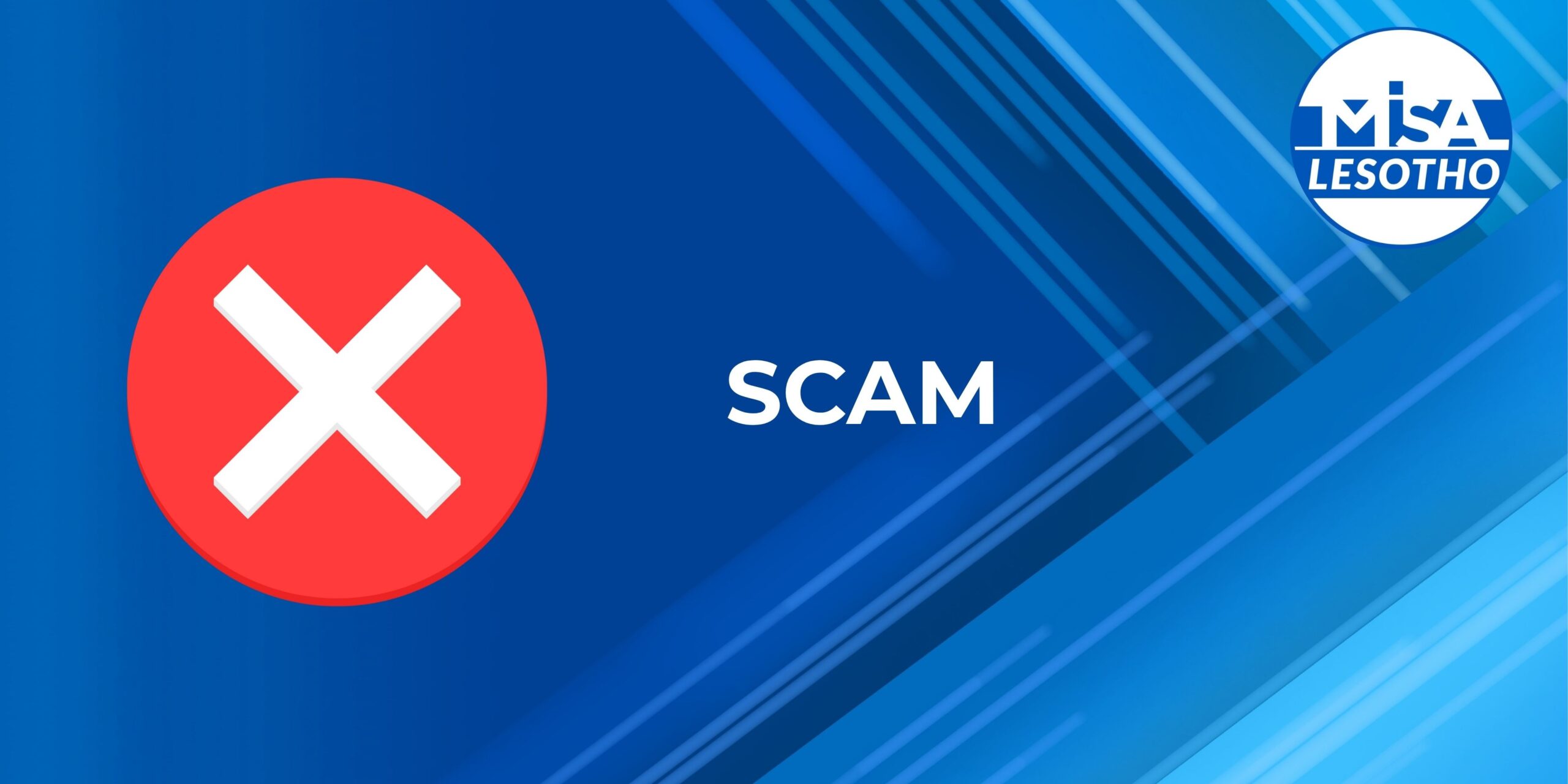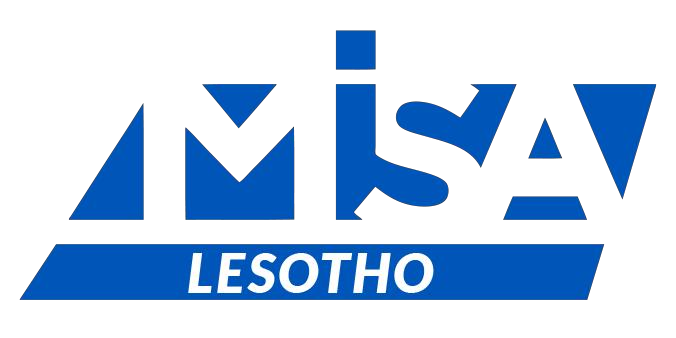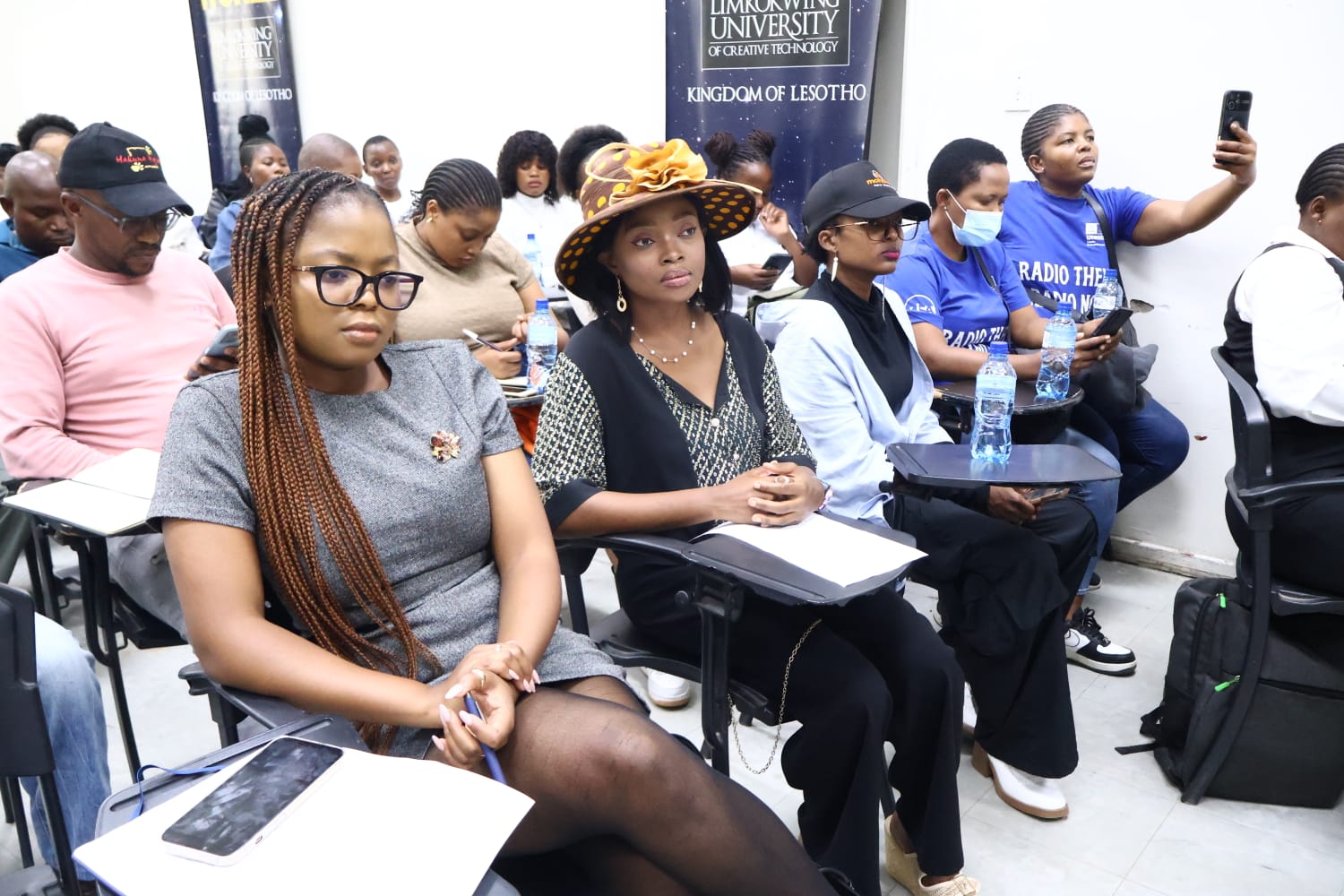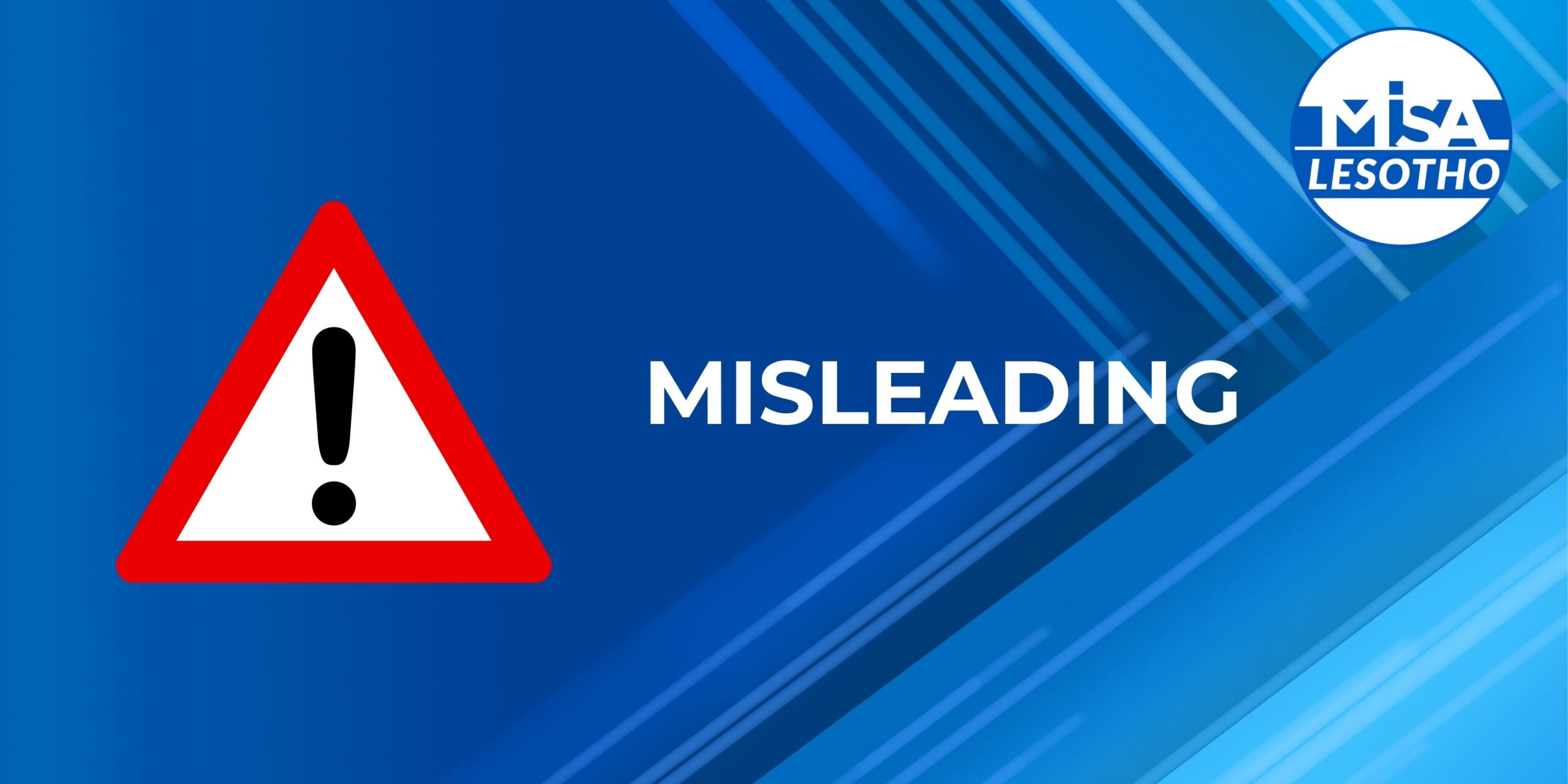By Nicole Tau
A widely shared Facebook post claims that the “Embassy of the Kingdom of Lesotho in Nairobi, Kenya” has announced 1,000 job openings for both skilled and unskilled workers. The post lists positions ranging from drivers and cleaners to IT technicians and translators, directing applicants to apply via an external link.
But the claim is false.
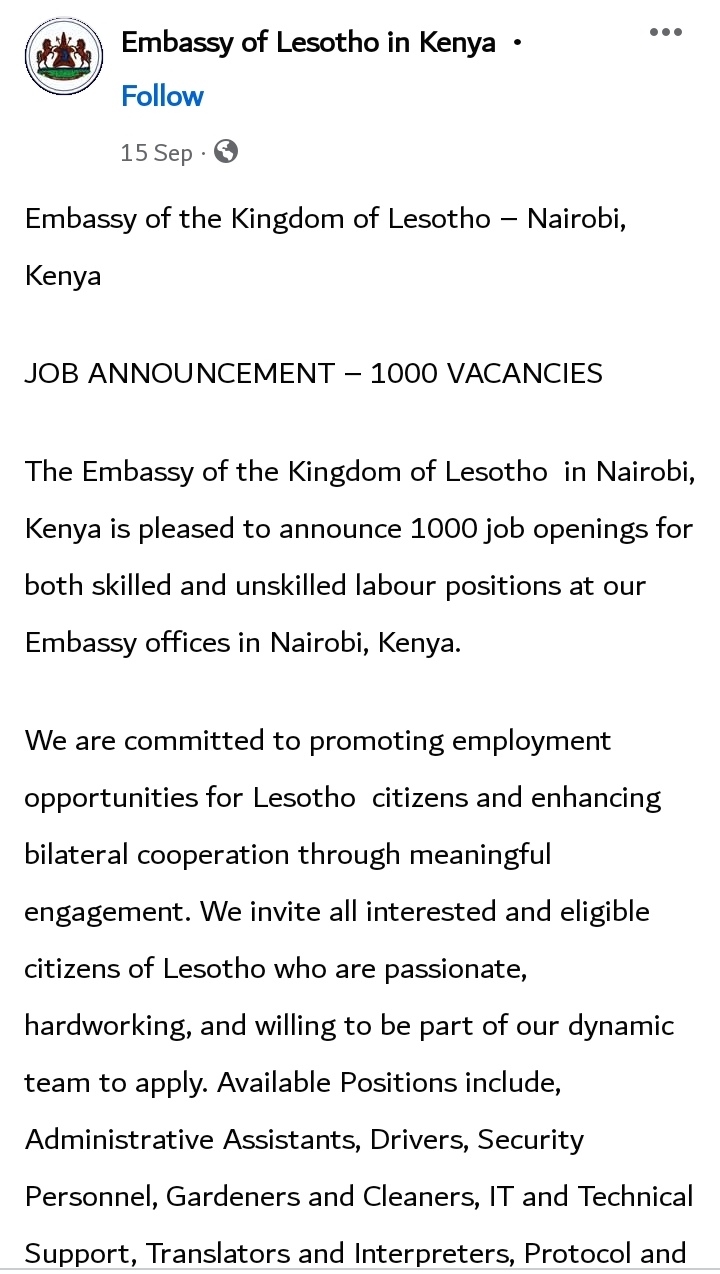
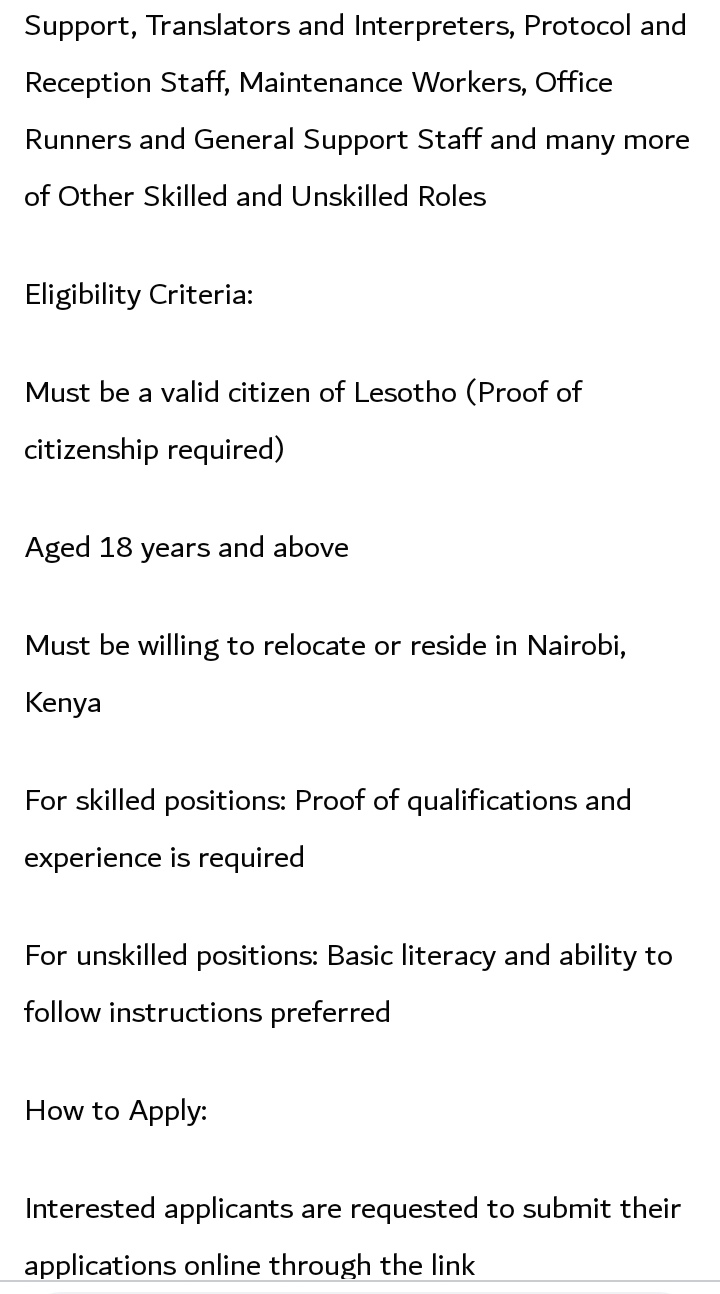
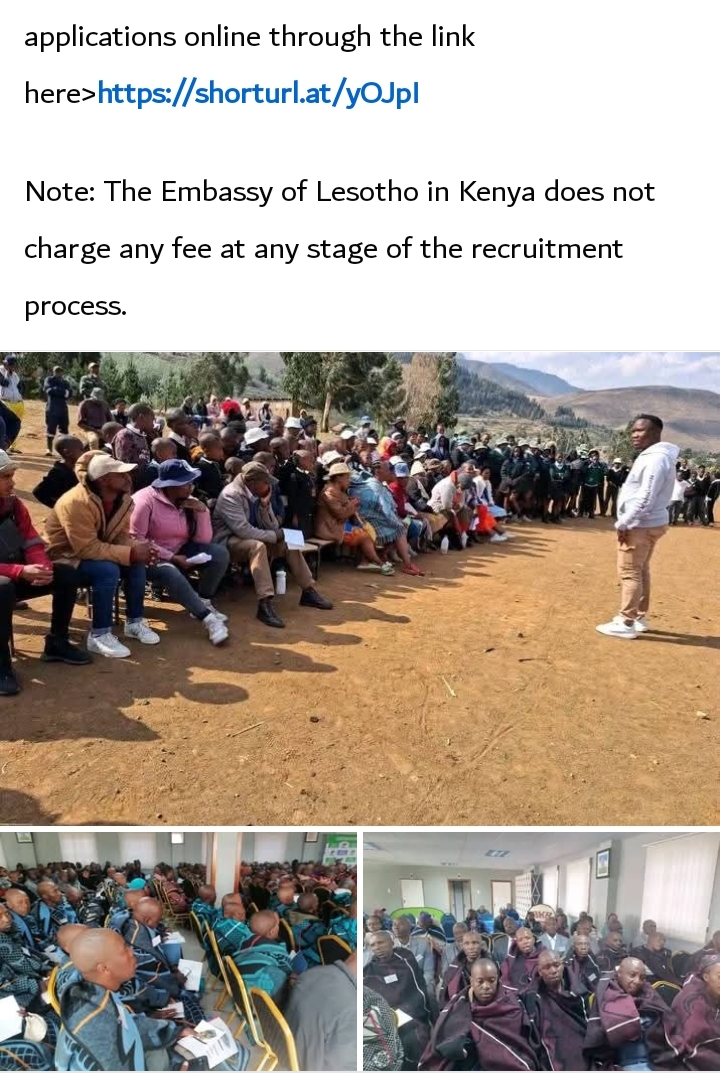
The post also lists the eligibility criteria, including Lesotho citizenship and willingness to relocate to Nairobi, and is accompanied by images of people gathered in different settings.
The link redirects to a Google form which then asks for applicants’ details such as full name, email and physical address, phone number, emergency contact (including relationship and phone number) and work preference (skilled/unskilled, full-time/part-time).
The form carries the standard Google disclaimer, “Never submit passwords through Google Forms,” but otherwise lacks any markers of legitimacy.
It is improbable that genuine embassies and government institutions would use free tools like Google Forms to manage official recruitment drives, particularly for large-scale hiring. Such adverts are more likely to be posted on their websites and recruitment done through secure government portals, embassy websites, or official HR systems.
CheckDesk investigations established that the advert was indeed not genuine
A review of the Ministry of Foreign Affairs & International Relations of Lesotho Facebook page revealed that the ministry released a public alert dismissing the advert as fake.
“Lesotho does not have an Embassy in Kenya, rather Kenya is covered from our Embassy in Addis Ababa, Ethiopia,” the ministry clarified.
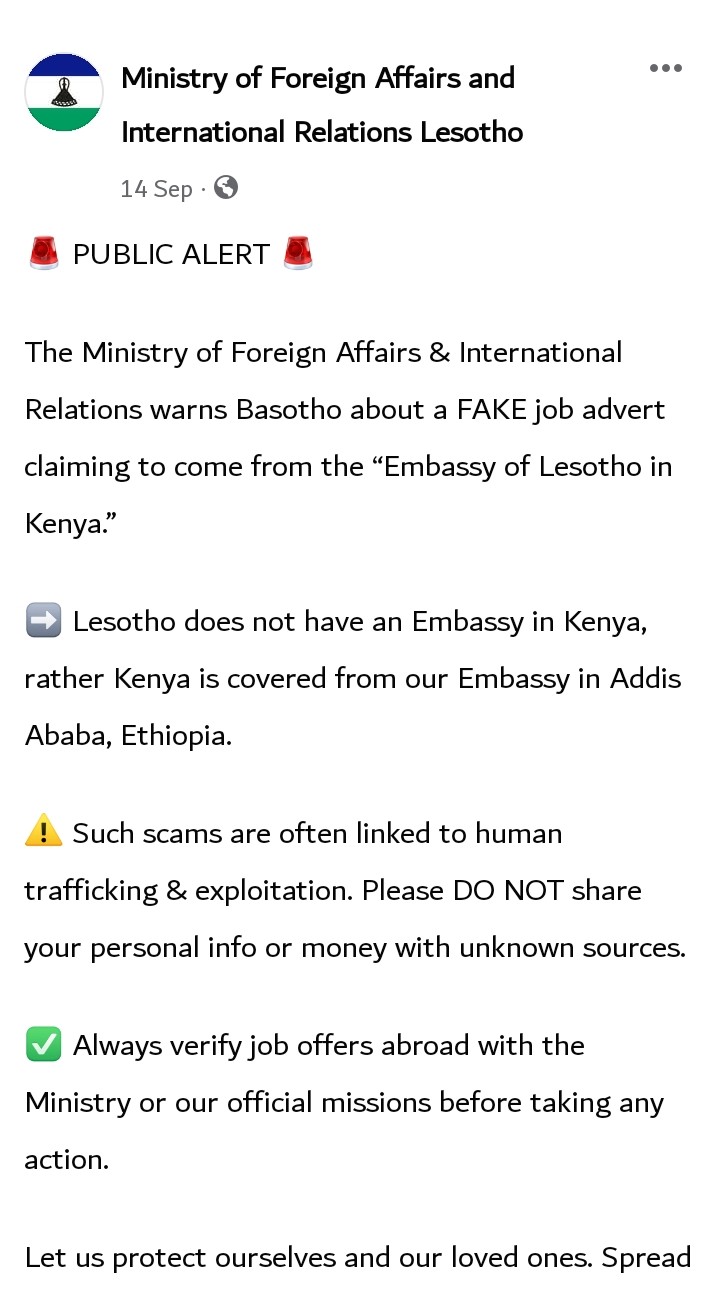
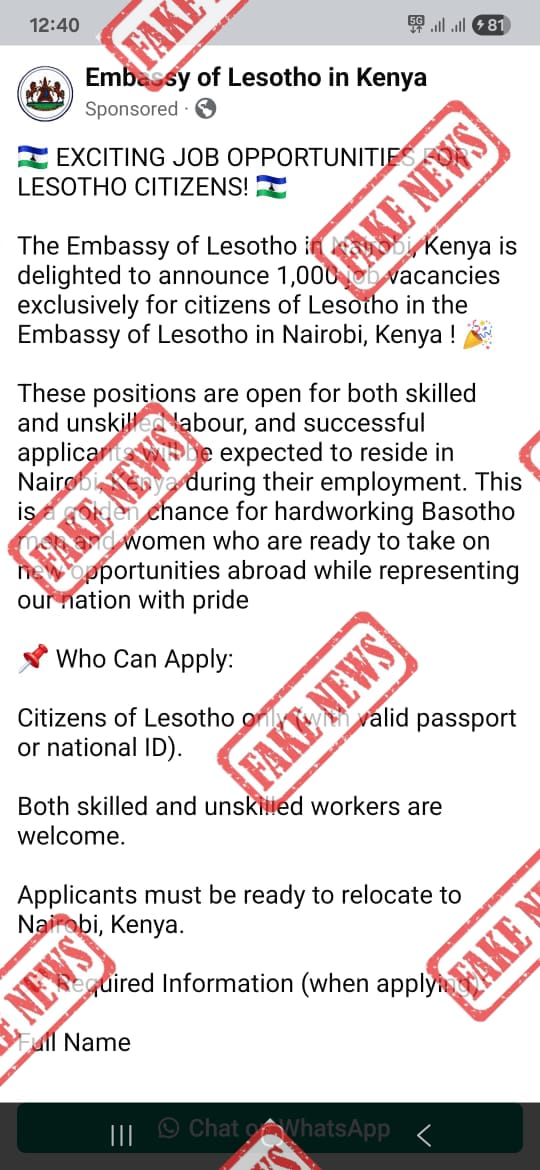
Similarly, we came across a post by the ministry on X(formerly Twitter) reiterating the message, warning the public that the job advert was a scam.
To ensure the utmost accuracy and confirm the validity of the Ministry’s online statement, CheckDesk also contacted the Ministry’s Public Relations Officer, Setloke Lekhela, who confirmed the validity of the Ministry’s online statement and that the advert was a scam.
Further checks against international embassy directories confirm this. No Lesotho mission exists in Nairobi, and no credible news outlet has reported such mass recruitment.
Notably, the post originated from a Facebook account calling itself the “Embassy of Lesotho in Kenya.” The page has just 74 followers and appears to have recycled legitimate-looking content from other pages to appear credible. This tactic is common in scams designed to mislead unsuspecting jobseekers.
Additionally, use of an unsecured form to collect personal information raises strong suspicions of fraud, identity theft, or even trafficking-related exploitation.
These kinds of scams go beyond misinformation. They can mislead desperate jobseekers into surrendering private details or paying money for fake opportunities. The Ministry of Foreign Affairs has specifically warned that such schemes are often linked to human trafficking networks.
Impersonating a government entity to deceive the public is a serious crime under the Lesotho Penal Code Act of 2010 (Act No.6 of 2012). This type of crime constitutes Fraud, an offense which carries a severe penalty of up to 20 years’ imprisonment.
The fake job advert also risks damaging Lesotho’s diplomatic reputation abroad. By using the country’s name to push fraudulent recruitment drives, scammers not only target vulnerable Basotho but also create confusion internationally about the authenticity of Lesotho’s institutions.
This case highlights the importance of governments and embassies maintaining verified social media accounts and official digital platforms. Verified accounts make it easier for the public to distinguish between legitimate information and scams, especially in an era when impostor pages can quickly gain traction with false or recycled content. Without clear verification, scams like this can spread rapidly, misleading both citizens and foreign partners.
The claim that the “Embassy of Lesotho in Nairobi” is offering 1,000 jobs is false. Lesotho has no embassy in Kenya, the Facebook account is fake, and the job application process relies on a suspicious Google Form. Citizens are urged to verify any overseas job opportunities directly with the Ministry of Foreign Affairs or official embassies before applying.
This fact-check was produced by Nicole Tau, CheckDesk, MISA Lesotho, as part of the African Fact-Checking Alliance’s (AFCA) incubation programme. It was produced with peer-mentorship from Code for Africa’s fact-checking initiative, PesaCheck, with financial support from Norway. AFCA mentorship respects the journalistic independence of the researchers, offering access to advanced techniques and tools. Editorial decision-making remains with MISA Lesotho. Want to learn more? Visit: https://factcheck.africa/




